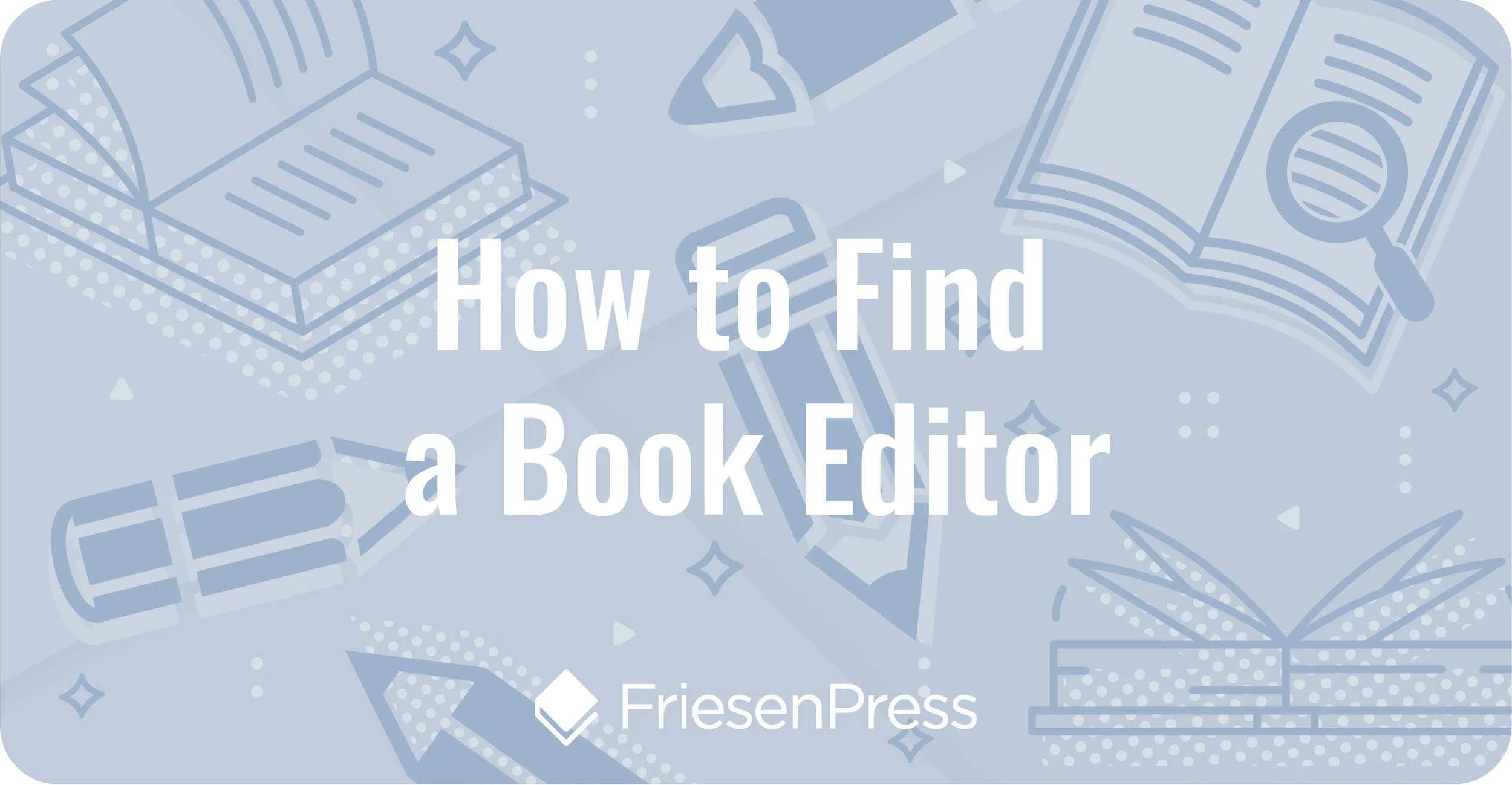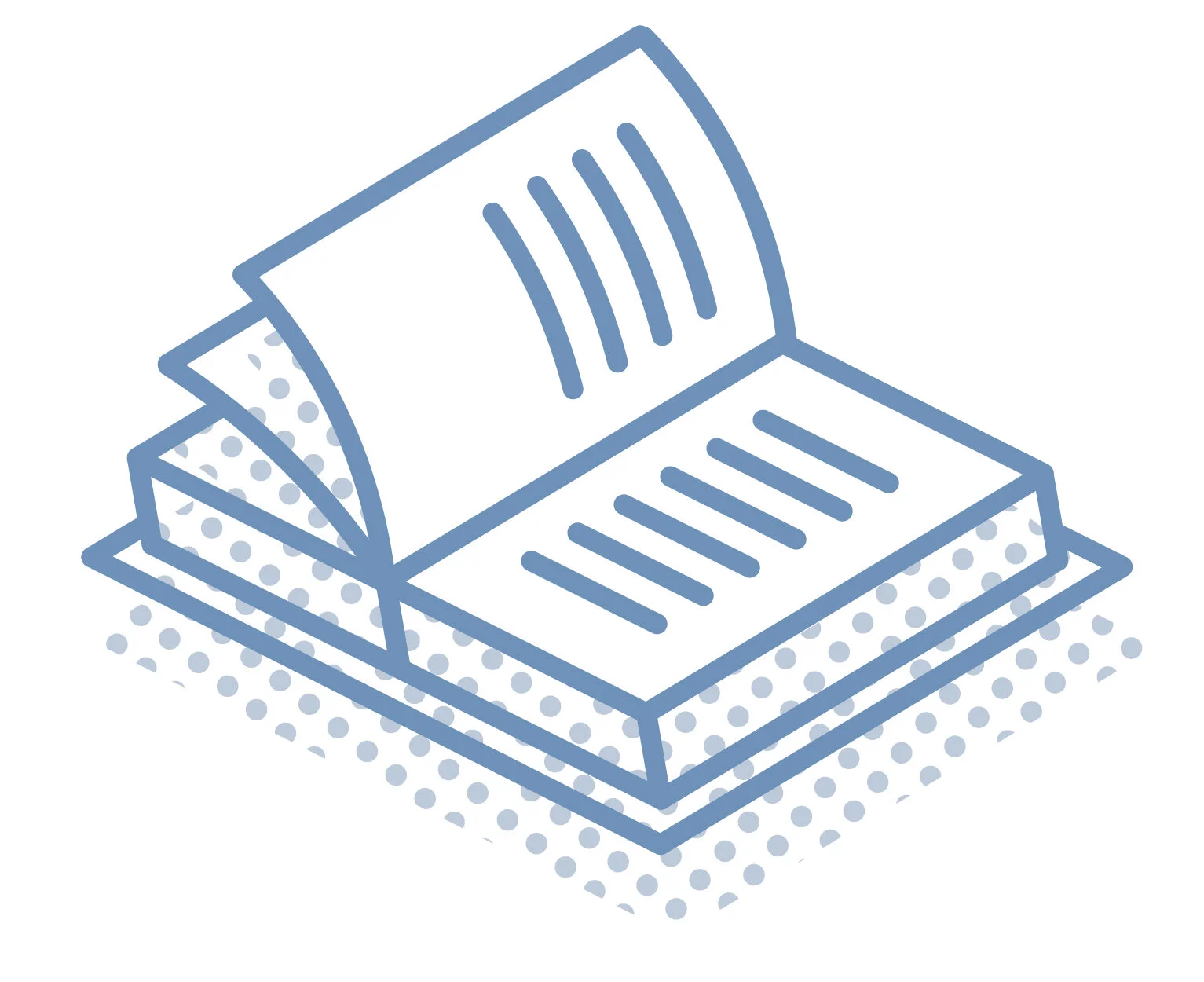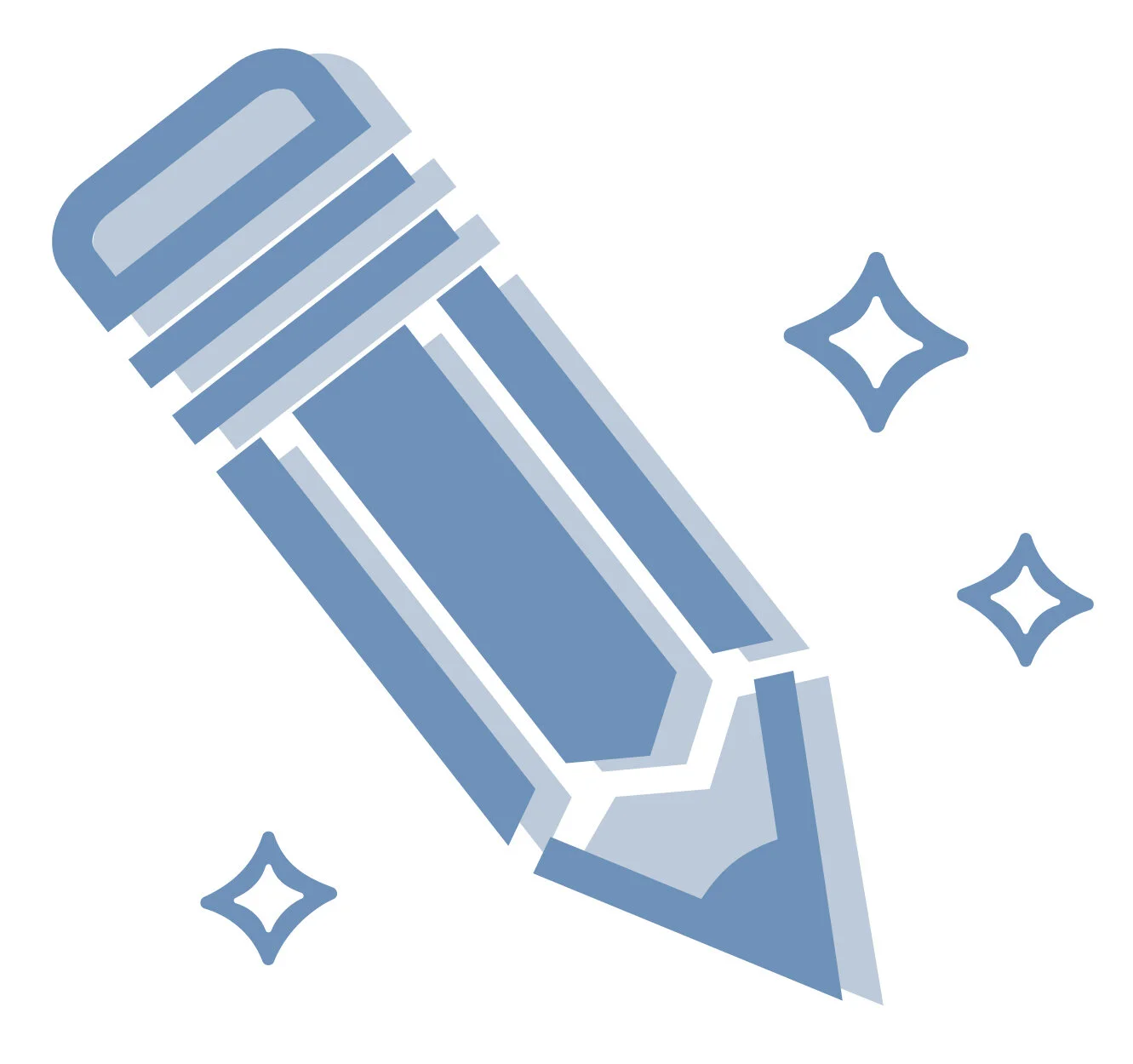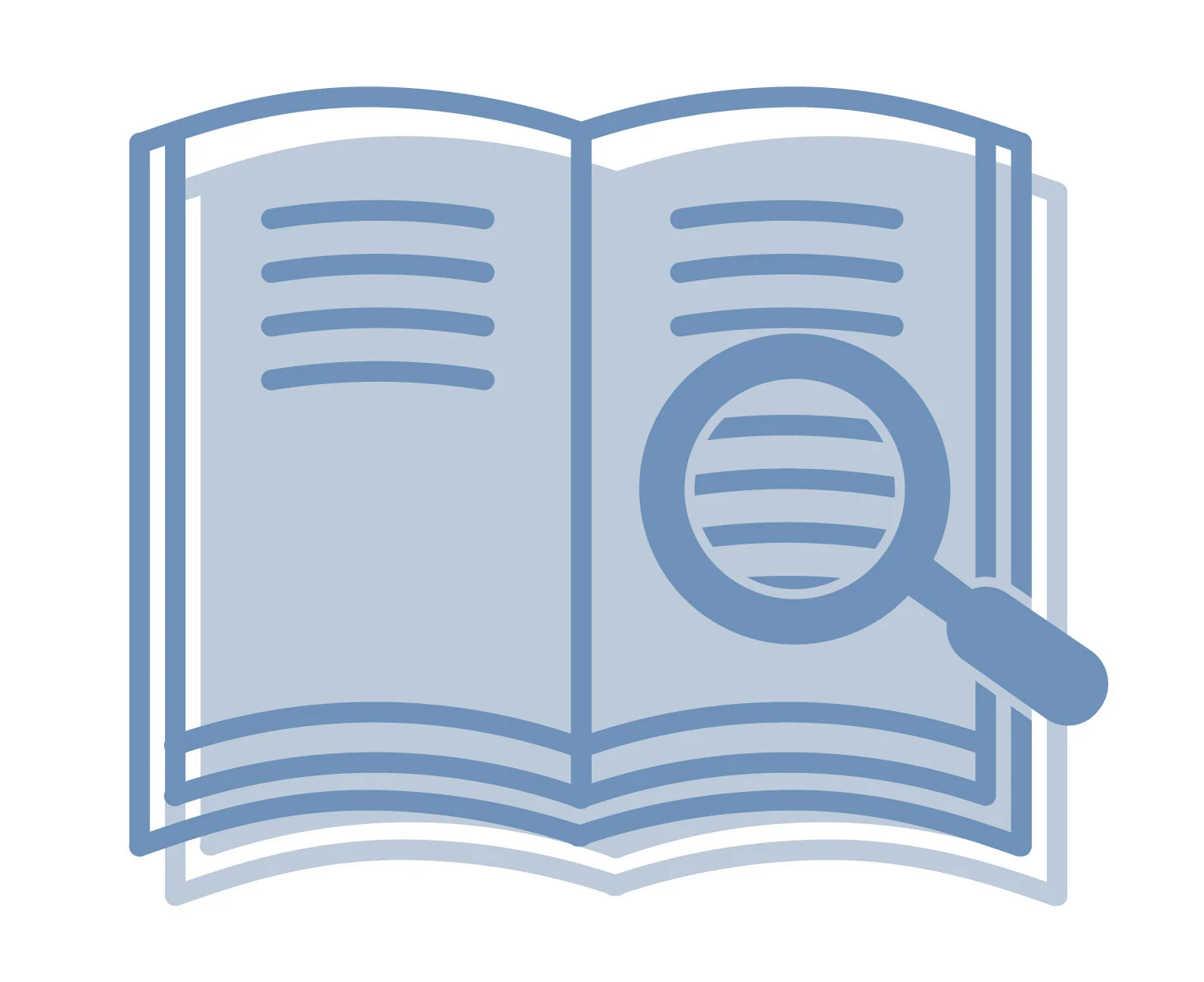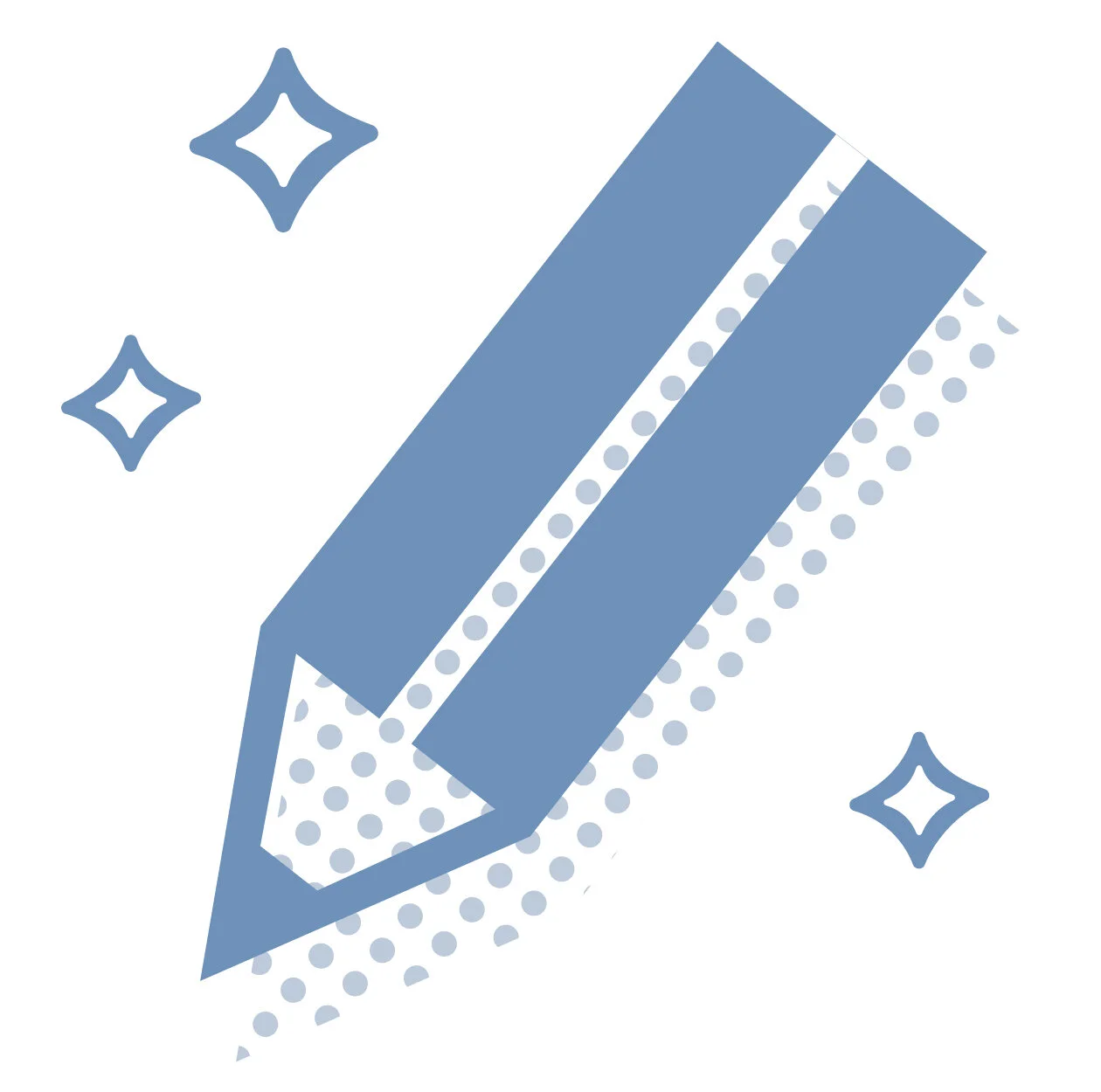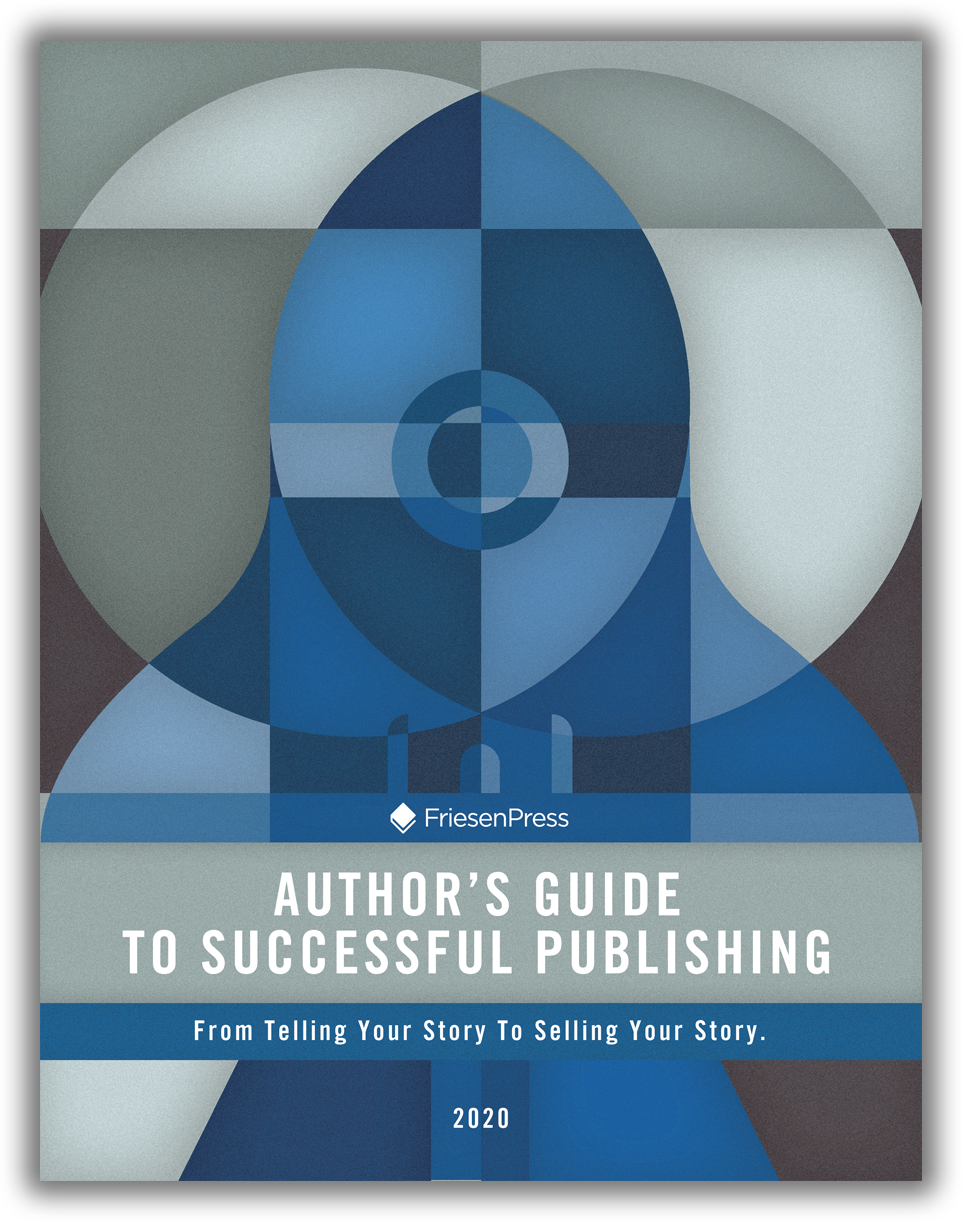How to Find a Book Editor
Great books are the product of so much more than just a great idea. Behind almost every literary success is a great team and, aside from the author, there’s perhaps no role more influential than that of the editor.
But where does one even begin to find that special person who’s the right fit for you and your book? What exactly does “editing” even mean, and how do you navigate the different editorial services offered by editors?
As a publishing services provider with over 10 years’ experience – spanning 5,500+ published titles and countless hours of editorial review – we’re uniquely suited to answer all these questions and more. So, we’ve compiled an overview of what kinds of editing exist, how to assess what kind of editing you need, and what markers of qualification and quality you should look for to ensure you’re getting your money’s worth.
Identify the type of editing your manuscript needs. Have a professional assess your manuscript to determine whether it requires developmental editing, content editing, copy editing, or proofreading, rather than guessing yourself.
Match your editor to your genre. Choose an editor with practical book editing experience in your specific genre to ensure they understand your style, voice, and audience expectations.
Verify professional qualifications and standards. Look for accreditation (such as Editors Canada), adherence to recognized style guides (such as the Chicago Manual of Style), and a proven track record of book editing excellence.
Assess editor compatibility in feedback style. Ensure the editor’s approach to criticism aligns with how you work, whether you prefer blunt, detailed feedback or gentle, encouraging guidance.
Treat editing as a collaborative learning process. Approach editorial suggestions objectively, considering them from a reader’s perspective, and use them to refine your craft rather than seeing them as personal criticism.
Why finding the right book editor matters
Every editor follows a different path into editing, and these experiences shape their perspective, preferences, and specialties. The rules required for an academic paper are not the same as the personal tone of a memoir or the intentionally broken grammar of a futuristic sci-fi. You need an editor who is familiar and passionate about your topic, and who has years of practical experience in honing books* in your genre.
You need an editor who knows which writing tics make your voice uniquely yours while ensuring nothing gets in the way of readers’ engagement with your text. Nothing’s worse than getting your document back, and your style and tone have been completely changed so that it reads like someone else wrote it. The right editor’s objective review should help clarify your meaning, weed out confusing passages, catch homophones that your spell checker misses, and ensure that your message comes through with as much impact as possible.
*As much as magazine editors, journalists, teachers, or daily bloggers have valuable skills, they are not interchangeable with a book editor’s expertise.
Determining your editorial needs, from developmental editing to proofreading
Not every manuscript needs every type of editorial service, so accurately determining your manuscript’s needs is of paramount importance. Only, as the author, you are the least qualified person to assess your work because if you knew what was wrong, you’d have already fixed it!
It’s best practice that an editor read and assess your manuscript to determine what type(s) of editing will best help take your book to the next level. Those types of editing are as follows:
Developmental Editing is best when you need help further developing your book’s argument, themes, characters, or story arc. At this stage, it is a waste of everyone’s time to try to fix typos and sentence structure because passages may need to be rewritten, expanded, moved around, or cut completely. Your editor will provide guidance throughout the text (usually through a Comments tool or letter) with their recommendations and suggestions for your next steps. It’s up to you to revise your manuscript accordingly. Line editing should follow this step to ensure the updated manuscript is polished.
Content Editing (sometimes called structural editing; often overlapping with copy editing) can provide some developmental advice, but usually in ways that won’t completely rework the manuscript. These content suggestions further hone what’s already there. It may include reorganizing paragraph flow or formatting for industry conventions (dialogue, bibliography, captions, etc.). Your editor will also conduct a line edit in tandem, going through the full text to correct errors in syntax, grammar, spelling, punctuation, repetition, consistency, and clarity.
Copy Editing (sometimes called stylistic or line editing) is only appropriate when the development of the content is solid. Now your text needs a line-by-line polish. This can include clarity (like ensuring those modifiers don’t dangle), completeness (have you missed a citation?), consistency (did you spell it both John and Jon?), and correctness (was this term used in 1870?).
Proofreading is only appropriate when the text has been significantly polished during previous editing rounds. The proofreader looks for inconsistencies in previously decided style choices, typo and punctuation errors that have slipped through, or (sometimes) errors in the final design. Proofreading is best done by a new pair of eyes to catch things that might have slipped through previous revisions.
How to find the perfect editing match
When it comes to finding your book editor, the right fit is crucial. There are many folks out there who have a love for reading and think that this is sufficient for them to be a good editor. There are likewise many authors who want to buy a copy edit and be done with the whole enterprise.
The reality is that these are the most likely paths to being disappointed with the marked-up manuscript you get back.
Inexperienced self-professed editors change your unique voice to suit their personal preferences. They often implement inaccurate grammar “rules” or miss potentially disastrous errors. Having a writing degree or teaching a high school English class is not the same as honing the high-detail skills of balancing the writer’s voice with a reader’s engagement. After all your hard work, the last thing you need are errors that undermine your credibility or cause a reader to stop reading.
Here are the criteria we at FriesenPress use when hiring for our editing team. If you’re planning on connecting with freelance editors in-person or online, or if you’re hiring a self-publishing company to assist you with your project, we recommend you also follow this rubric to help you determine whether your potential editor is up to professional industry standards:
Accreditation is available, such as an Editing Certificate from a respected university or from Editors Canada, who developed North American guidelines for professional editing. We require all of our editors to pass an exam based on Editors Canada’s EAC guidelines to uphold an expected industry standard of accuracy.
Style guide adherence ensures that your book meets industry standards. We use the Chicago Manual of Style primarily, though some academic writers may prefer American Psychological Association style. This should also implement a consistent English spelling convention, such as Canadian, American, or British.
Experience in book editing specifically (different rules are used in media publication), with a minimum of two years practical application. Knowledge of your genre is a must; certain cheats of English grammar are permissible in hard-boiled noir that won’t fly in academia, for example. We match up every project with a vetted, experienced book editor who has specialties that match your genre/topic.
Specialist knowledge. No one is born an editor (whatever they may tell you!). All the other careers an editor has held, degrees they’ve earned, their culture and faith, family (and family’s experiences), places they’ve lived, hobbies, favourite authors even—it all helps them develop additional knowledge that might come to bear on a book’s authenticity. Our editors come from a wide spread of backgrounds, and their specialist knowledge can inform our decision when pairing up an editor with an author.
Tone can have a huge impact on how a writer receives constructive criticism. Some writers want harsh and blunt, others want gentle and encouraging. The best editor in the world is useless if they can’t deliver feedback in a way that inspires you to make your book better.
How much does book editing cost?
Book editing costs depend on a wide array of factors, and as such costs will vary widely. As with any service that requires you to hire a professional with years of training and experience, determining the cost of book editing can be overwhelming. To help you understand average rates and the array of factors you need to consider, we’ve surveyed the industry.
What makes our editing process unique?
At FriesenPress, our dedicated expert Editing Coordinator assesses every manuscript that comes across our desks, including what tone of feedback the author has requested, what the author’s goals and background are, the manuscript’s topic and themes, and the appropriateness of length for its genre. The coordinator then selects the best fit from our pool of over fifty screened and accredited editors. We also review our editors’ work to ensure it meets our high quality standards—and if our authors have a concern, our coordinator reviews the work again to clarify expectations, assess quality, and ensure each manuscript is given the best possible editorial service.
It’s all too common for new authors to get defensive after their first edit. It can be emotional, exposing, and exhausting. We recommend letting the emotions settle first. Then take off your writer’s hat, and come at the suggestions as a reader. Your editor is here to help you learn how to improve your craft. So, if a professional editor trips over something in the text, a reader is likely to trip and fall. Even if you don’t agree with the editor’s suggestion—it’s just that, a suggestion—we encourage you to look at the word, sentence, or passage from a different angle. Be inspired to come up with another solution. After all, you’re a writer, and we believe in your words.

